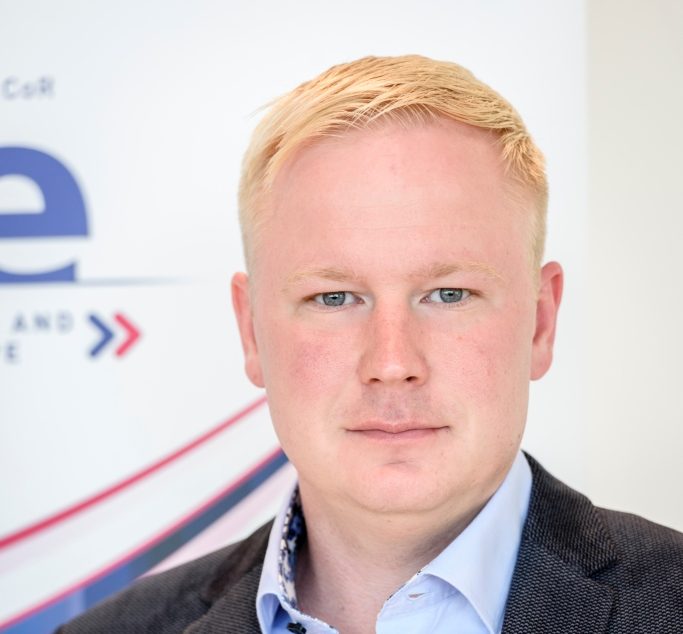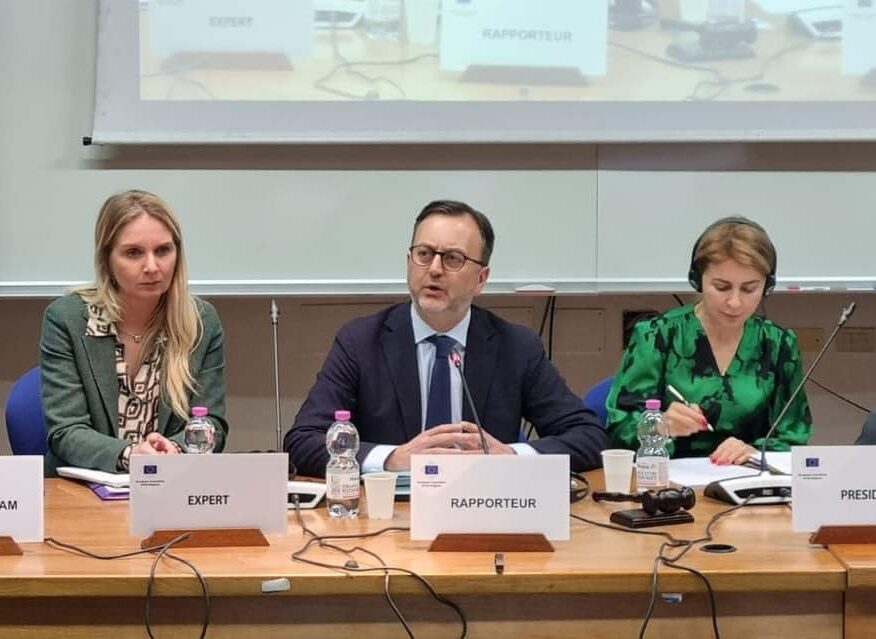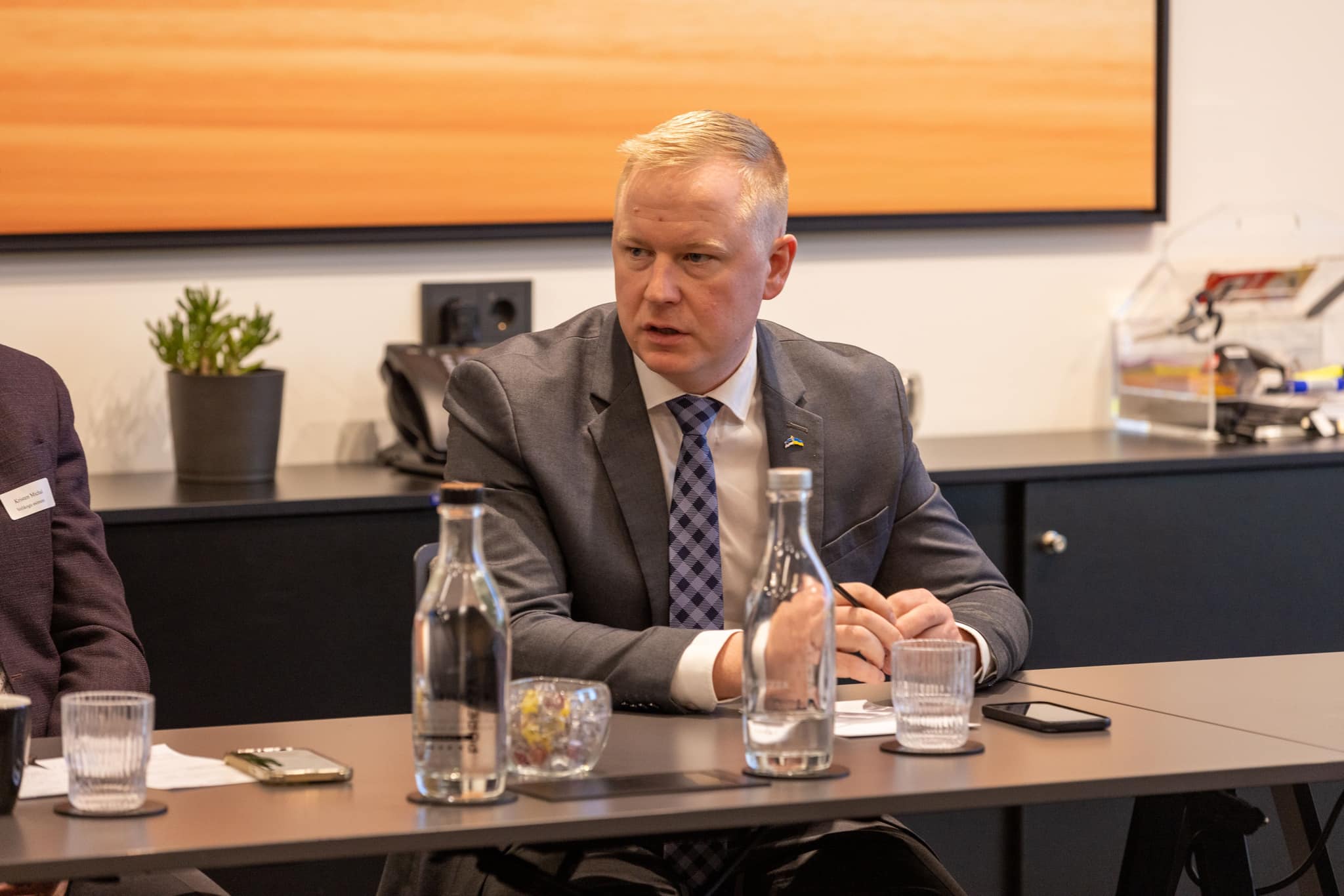While basic broadband services are available to all households in the European Union, the much faster next generation access is only available to 40% of rural residents compared to 90% of urban ones. This slower broadband and low penetration in rural areas, outermost regions or sparsely populated areas present an obstacle to achieving the EU’s ambitious goals for 2020-2025 in terms of the Digital Single Market. The EU stands to gain an estimated 146.5 billion euro while creating up to 2.4 million jobs.
Major challenges need to be addressed quickly though:
“Comprehensive broadband should be rolled out as soon as possible, in order to achieve a gigabit society, maximizing the Digital Single Market’s potential in each member state”.
Let’s not forget competition
“There should be no dependence on basic infrastructure owned by the telecommunications companies that dominate the market. Networks need to be operator-neutral so that large numbers of service providers can operate on the market on equal basis and that consumers can choose the services they prefer, based on their desired value for money”
Vorklaev supports efforts to promote broadband by strengthening cohesion policy, while not ruling out increases in financial instruments in cooperation with the EIB or other development banks. He also singled out the potential of mobile and satellite broadband as well as public Wi-Fi networks in inaccessible areas, referring to the WiFi4EU initiative which he supported in his review of the telecom package last year.
“High speed #broadband must reach all European citizens to eliminate #digital divide & give citizens equal opportunities while also developing the EU”. Mart Vorklaev’s push for boosting broadband in the EU was unanimously approved in @EU_CoR #CoRPlenary: https://t.co/rlo57q94jI. pic.twitter.com/j9oFJiLqj3
— ALDE-CoR (@ALDE_CoR) March 22, 2018





